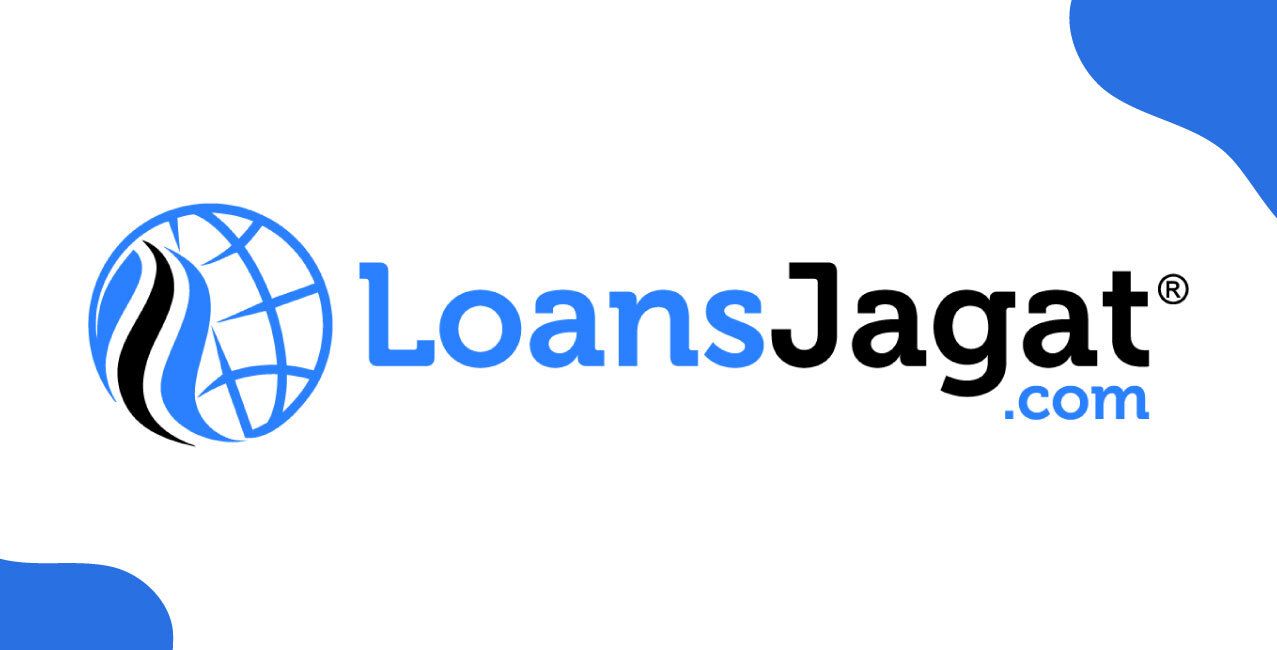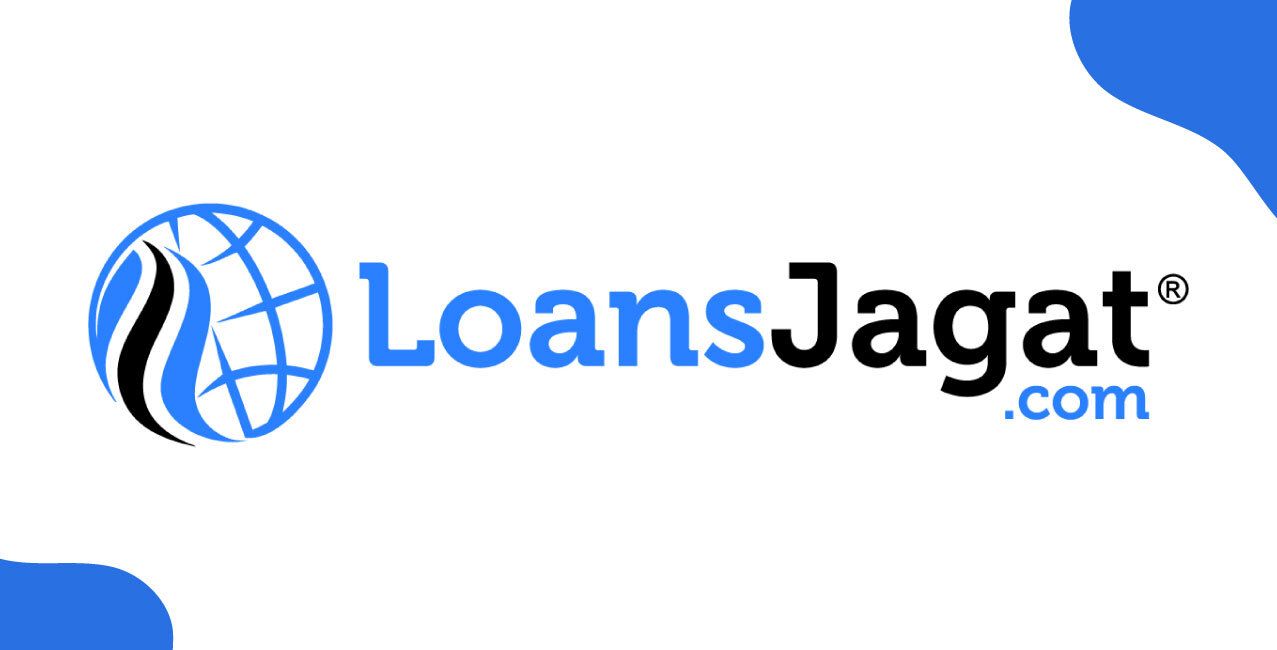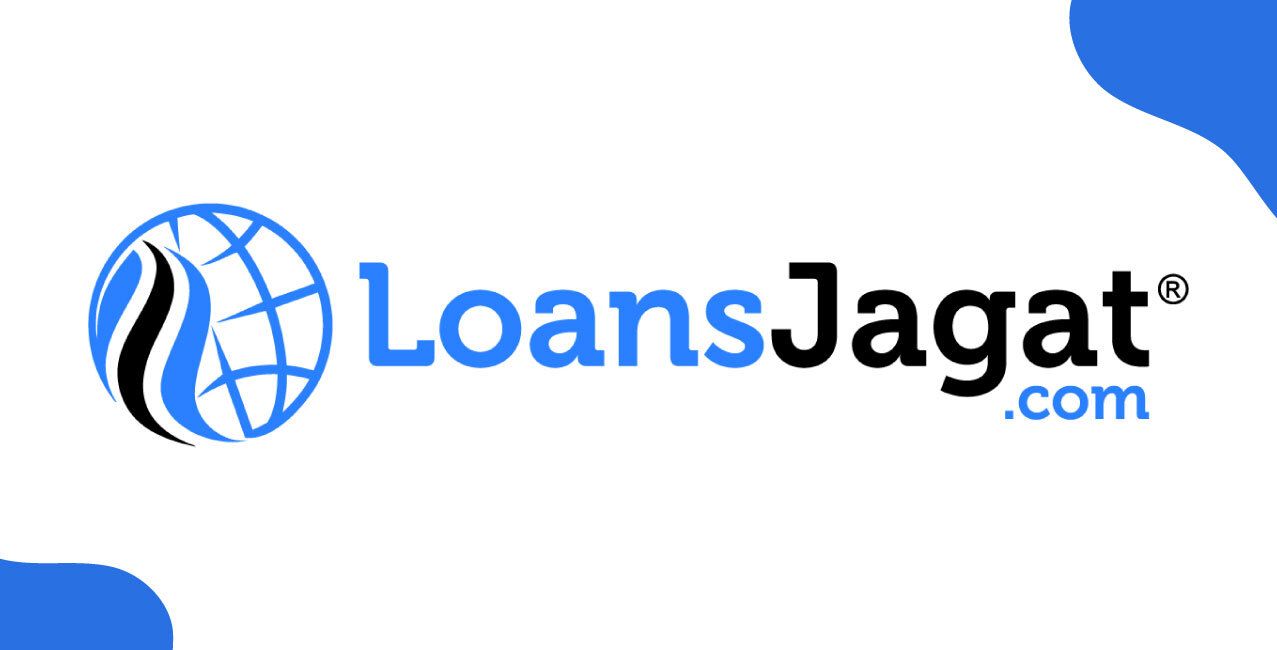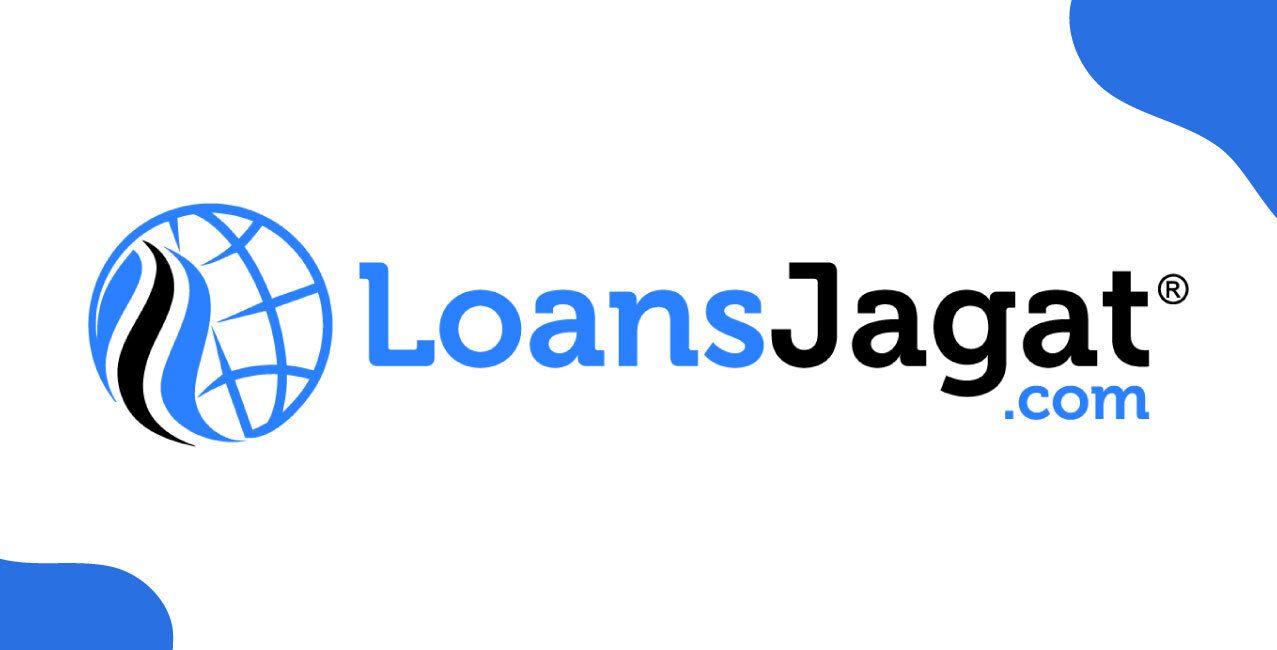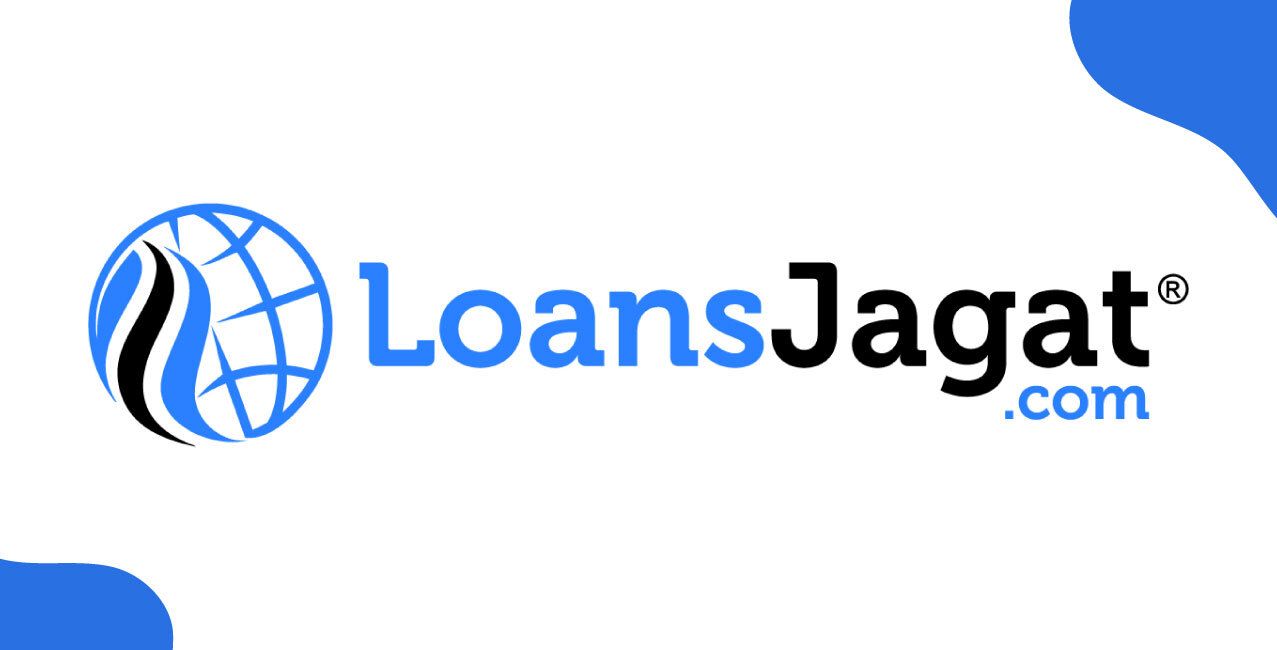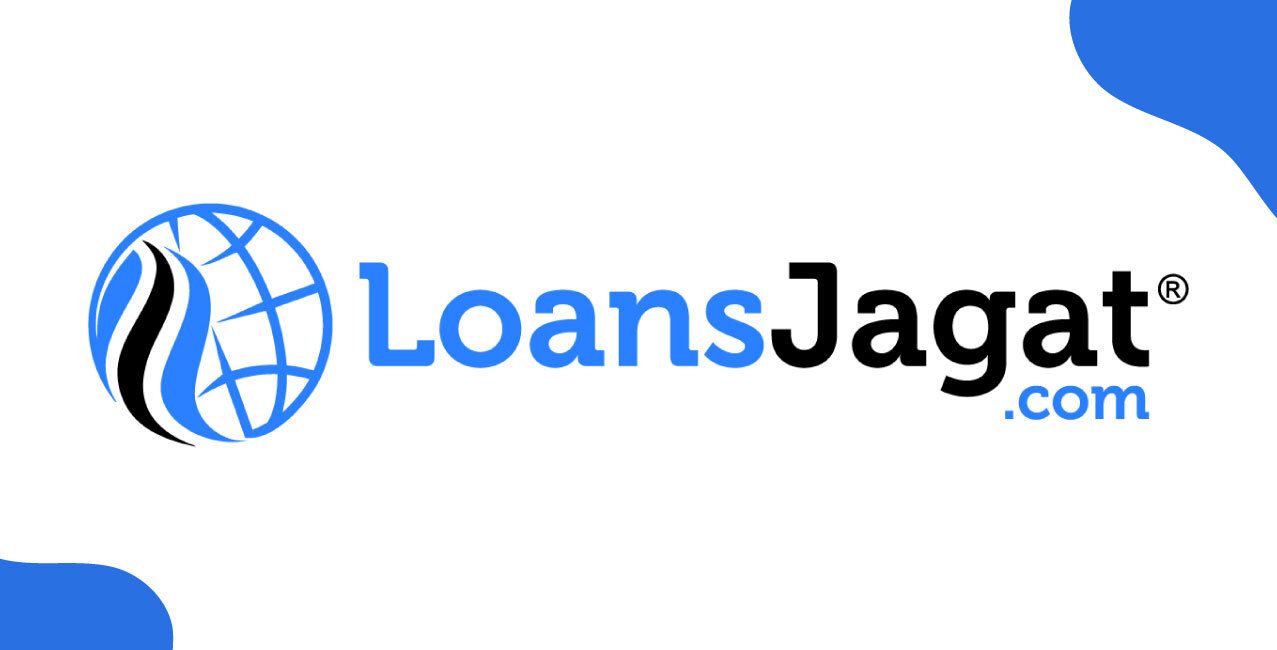Cost of Acquisition in Income Tax – Meaning, Calculation & Rules
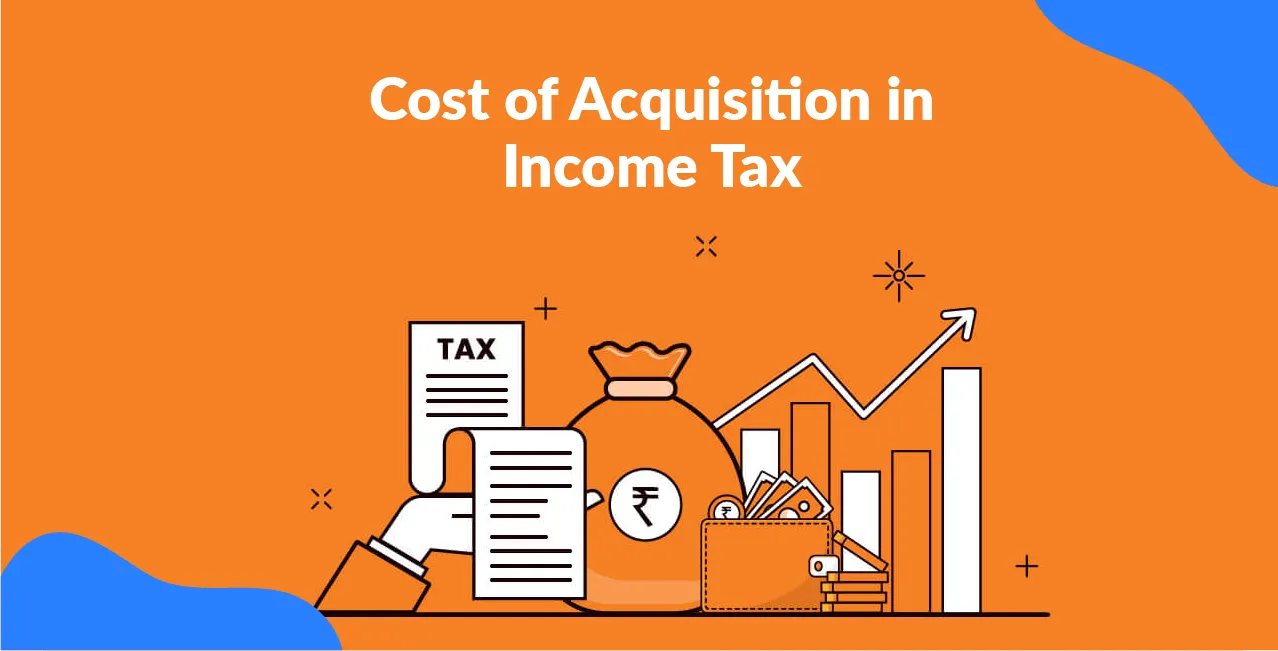
Check Your Loan Eligibility Now
By continuing, you agree to LoansJagat's Credit Report Terms of Use, Terms and Conditions, Privacy Policy, and authorize contact via Call, SMS, Email, or WhatsApp
In 2010, Dev purchased a house that cost him ₹20,00,000. He has also spent ₹1,00,000 in registration. He sold it in the year 2023 at ₹50,00,000.
- Cost of Acquisition = Purchase Price + Extra Expenses
- = ₹20,00,000 + ₹1,00,000 = ₹21,00,000
- Profit (Capital Gain) = Selling Price - Cost
- = ₹50,00,000 - ₹21,00,000 = ₹29,00,000
Key Points:
- What is the Cost of Acquisition? The price you paid to buy something (like property, shares).
- What’s Included? Purchase price + fees (stamp duty, registration, etc.).
- Tax Rule:
- Short-Term (≤ 3 years for property): Use actual cost.
- Long-Term (> 3 years): Adjust cost for inflation (indexation benefit).
Dev’s Tax Calculation (Long-Term House Sale)
Dev will be paying tax on ₹29,00,000 of income, but through indexation, the tax payable may decrease.
What is the Cost of Acquisition?
In 2015, Dev purchased a piece of land at the price of ₹10,00,000. He also spent ₹50,000 on legal costs and ₹1,00,000 on registration costs. He now has it on sale in 2024 for ₹25,00,000.
- Cost of Acquisition = What Dev spent to buy the land
- = Purchase Price (₹10,00,000) + Legal Fees (₹50,000) + Registration (₹1,00,000)
- = ₹11.5 lakhs
- Profit (Capital Gain) = Selling Price - Cost of Acquisition
- = ₹25,00,000 - ₹11,50,000 = ₹13,50,000
Key Points:
- This means the cost of acquisition is the total amount you paid to buy an asset (property, shares, gold, etc.).
- What’s Included?
- Purchase price
- Extra costs like stamp duty, registration, lawyer fees, brokerage
- Any improvements made (like renovating a house)
- Why It Matters?
- Helps calculate profit (capital gains) when you sell the asset.
- Lower cost = Higher profit = More tax.
- Higher cost = Lower profit = Less tax.
Read More – Section 54B of the Income Tax Act
- Tax Rules:
- Short-Term (≤ 3 years for property, ≤ 1 year for shares): Use actual cost.
- Long-Term (> 3 years or 1 year): Adjust cost for inflation (indexation benefit).
Table: Dev’s Cost of Acquisition & Profit
Dev will pay tax on ₹13,50,000. If he held the land for over 3 years, he can reduce tax using indexation.
Why Cost of Acquisition Matters in Income Tax?
In 2020, Dev purchased stocks at ₹2,00,000 of cash plus brokerage. In 2023 he sold them at ₹3,50,000.
- Cost of Acquisition = ₹2,00,000 (purchase price + fees)
- Profit = ₹3,50,000 - ₹2,00,000 = ₹1,50,000
- Taxable Amount = ₹1,50,000
If Dev forgot to include ₹20,000 brokerage in his cost:
- Wrong Cost = ₹1,80,000
- Wrong Profit = ₹3,50,000 - ₹1,80,000 = ₹1,70,000
- He would pay tax on ₹1,70,000 instead of ₹1,50,000 (paying more tax)
Why It's Important:
For Tax Calculation:
- Determines your actual profit (capital gains)
- Higher cost = Lower profit = Less tax
- Lower cost = Higher profit = More tax
Also Read - How to Calculate Taxable Income
For Legal Compliance:
- Proper records prevent tax notices.
- Helps claim correct deductions.
For Financial Planning:
- Helps decide the best time to sell assets.
- Shows real investment returns after tax.
Table: How Cost Affects Dev's Tax
Key Takeaways:
- Every rupee added to the cost reduces taxable profit.
- Must include all purchase-related expenses.
- Proper documentation saves money and trouble.
- Affects both short-term and long-term investments.
Dev understood that saving the receipts would allow him to pay the actual amount he had to give and not more. The savings amount of ₹20,000 on the product were able to save him ₹4,000 in taxes.
Conclusion
Knowledge of the cost of acquisition aids taxpayers, such as Dev, to compute their capital gains and not miss out on paying too much tax. By deducting all purchase costs of the stocks, such as the brokerage used by him in buying the stocks, when Dev sold his stocks, he saved himself 4,000 in tax because his taxable profit went down to one and ₹1,50,000 from ₹1,70,000.
Keeping decent records and accounting of all the expenditures was just a single measure, but it considerably affected his taxes. It doesn't matter whether it is property, stocks, or something that you bought; you will be only taxed on how much you made, not the inflated profits on how much it might cost you in the market. It also makes you compliant with the tax laws and avoids unnecessary tax department notices as well.
In the case of smart investors such as Dev, it will result in a lot of money remaining in their pockets just by taking an interest in these things. Note that the more it is expensive, the less it is taxed, and you should detail any expenses you have made on purchases. In this manner, you can make sound decisions whenever selling property and optimise returns following tax.
FAQs on Cost of Acquisition in Income Tax
What expenses can I include in the cost?
You can add all expenses directly related to buying the asset - stamp duty, lawyer fees, improvement costs, and even travel expenses for property visits if properly documented.
How is the cost calculated for inherited property?
You use the original owner's purchase price (or market value as of April 2001 if bought earlier). When Dev inherited his father's flat, he used what his dad originally paid, not today's value.
What if I don't have purchase receipts?
Try getting duplicate copies from the registry offices or banks. If unavailable, you may need to use fair market value, but this could lead to higher taxes. Dev kept all his papers safely for this reason.
Does the cost of acquisition change over time?
For long-term assets (held >3 years), you can adjust for inflation using indexation. This increases your cost and reduces tax. Dev's ₹10,00,000 property bought in 2010 becomes ₹22,00,000 after indexation when sold today.
Are renovation costs included?
Yes, but only capital improvements (like adding a room), not repairs (like painting). Dev added a bathroom, which increased the cost of his property's acquisition value.
How does this work for stocks and mutual funds?
The same principle applies - purchase price plus brokerage. For SIPs, each instalment has its own cost. Dev tracks all his stock purchase slips carefully.
What if I got the asset as a gift?
You use the original owner's cost. When Dev's uncle gifted him shares, he used what his uncle paid, not the gift-day value.
Can I reduce tax using the cost of acquisition?
Absolutely! Properly documenting all costs lowers your taxable profit. Dev saved ₹15,000 in taxes just by including his lawyer's fees that he almost forgot about.
Other Related Pages | |||
About the author

LoansJagat Team
Contributor‘Simplify Finance for Everyone.’ This is the common goal of our team, as we try to explain any topic with relatable examples. From personal to business finance, managing EMIs to becoming debt-free, we do extensive research on each and every parameter, so you don’t have to. Scroll up and have a look at what 15+ years of experience in the BFSI sector looks like.
Subscribe Now
Related Blog Post
Recent Blogs
All Topics
Contents
Quick Apply Loan
Consolidate your debts into one easy EMI.
Takes less than 2 minutes. No paperwork.
10 Lakhs+
Trusted Customers
2000 Cr+
Loans Disbursed
4.7/5
Google Reviews
20+
Banks & NBFCs Offers
Other services mentioned in this article



